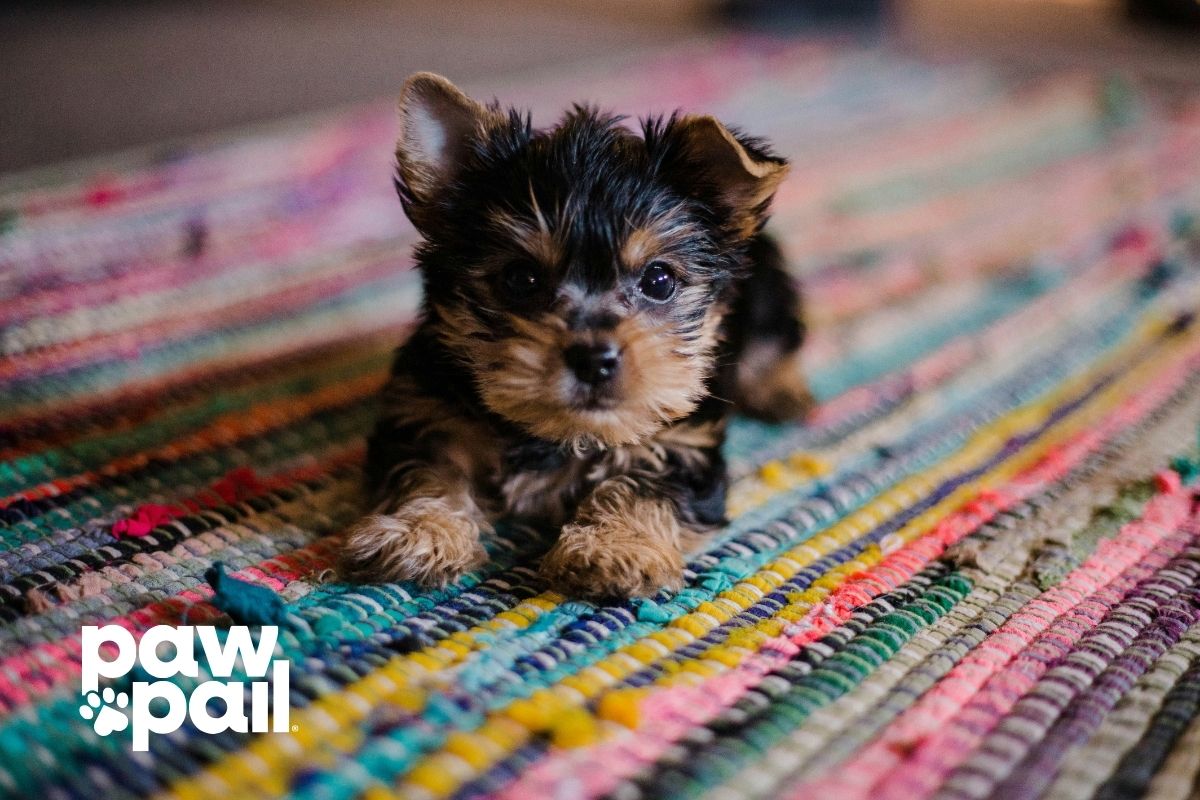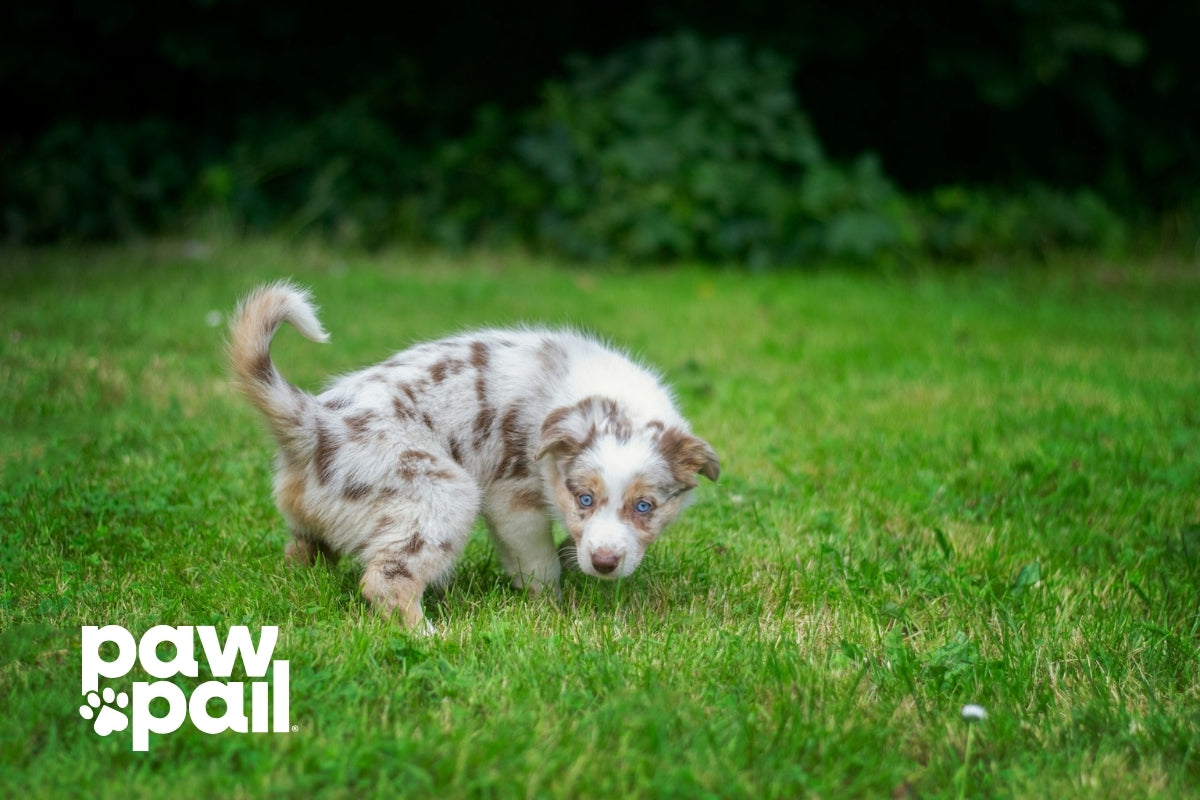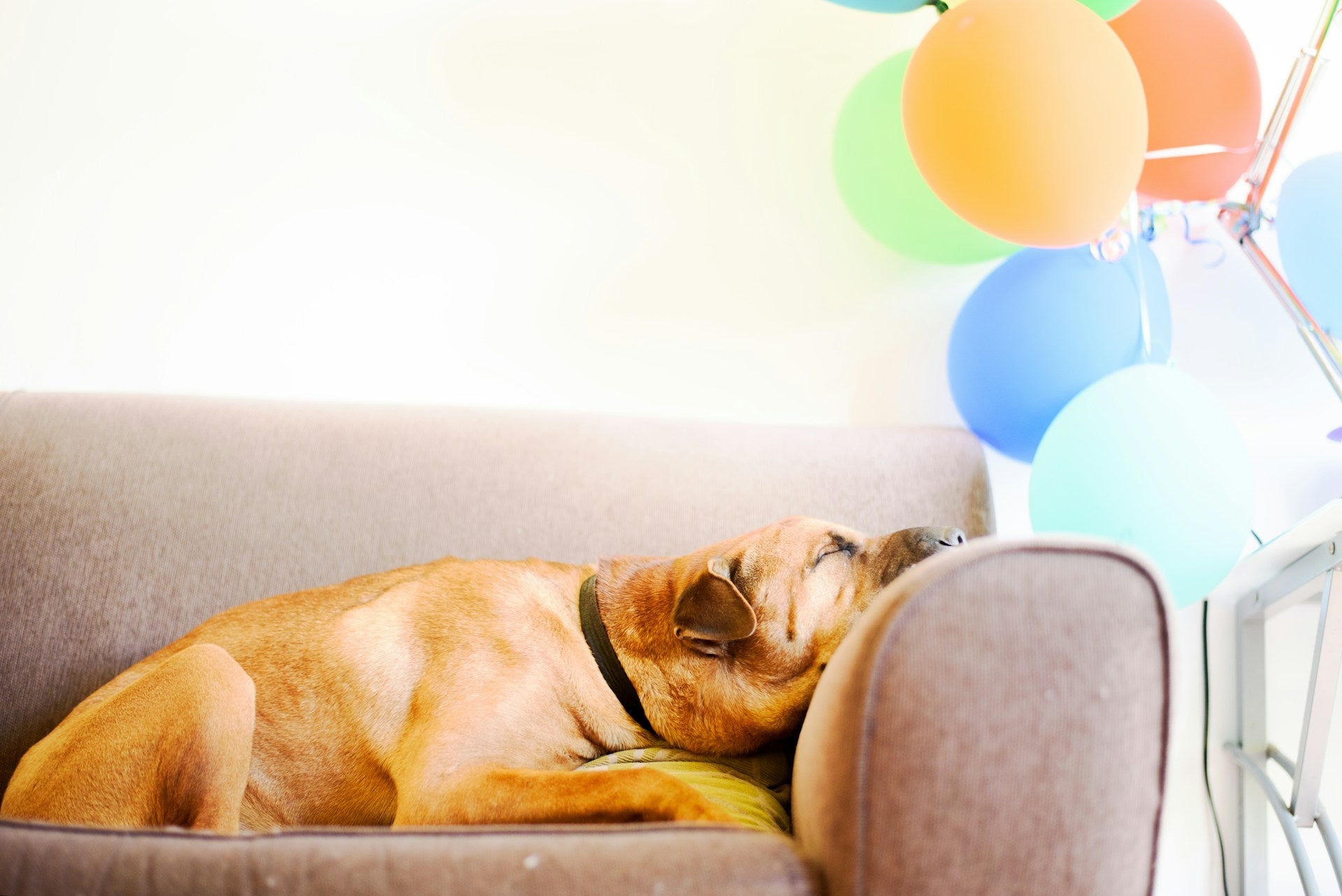Puppyhood is a joyous time filled with playful antics and endless cuddles. However, it also comes with its fair share of challenges, and none is more pungent than dealing with smelly puppy poop.
While inevitable, the odor doesn't have to rule your home. With a proactive approach and a bit of know-how, you can effectively figure out why puppy poop smells bad and successfully manage this aspect of puppy parenthood.
Understanding the Source of the Stench
Before we delve into solutions, let's understand the root of the problem. Puppy poop, while a natural occurrence, can become particularly malodorous due to several factors. For instance, a puppy's diet plays a crucial role in stool quality and odor. Low-quality food often leads to loose, watery stools that are more prone to emitting strong odors.
Dehydration can result in hard, dry stools that are difficult to pass and can become quite pungent. Meanwhile, an imbalance of gut bacteria can disrupt digestion, leading to foul-smelling stools and potentially even diarrhea.
Intestinal parasites like roundworms, hookworms, and coccidia can also cause significant digestive upset and produce foul-smelling feces. In some cases, impacted anal glands can contribute to a strong odor, as the glands themselves can become infected and produce a foul-smelling discharge.
Dietary Strategies for Odor Control
Investing in high-quality, easily digestible puppy food is paramount. Look for brands with high-quality protein sources like chicken, fish, or lamb, and avoid fillers like corn, soy, and wheat.
Adding a small amount of pumpkin puree or other fiber sources to your puppy’s food—such as ground flaxseed or sweet potato—can help regulate bowel movements and improve stool consistency.
Probiotics can help rebalance the gut microbiome, promoting healthy digestion and reducing the risk of loose stools and associated odors. And as always, ensure your puppy has constant access to fresh, clean water throughout the day.
Cleaning and Odor Management
The key to minimizing odors is prompt cleanup. Scoop up puppy poop as soon as you notice it. If your puppy poops in the yard, water the area thoroughly to help break down the odor.
Consider using a pet-safe yard deodorizer specifically designed to neutralize pet waste odors. For example, enzyme-based cleaners effectively break down odor-causing bacteria with beneficial enzymes that digest organic matter, leaving behind no residue. However, avoid harsh chemicals that can irritate your puppy's paws or harm the environment.
For peak hygiene, keep a separate set of cleaning tools specifically for pet waste cleanup. This will prevent the spread of bacteria and odors to other areas of your home.
Veterinary Guidance
If you notice persistent foul-smelling stools or other digestive issues, schedule a veterinary check-up. Your veterinarian can help identify any underlying medical conditions that may be contributing to the problem.
For instance, regular deworming is crucial to prevent parasite infections and the associated digestive issues and foul-smelling stools. Also consult your veterinarian if you suspect impacted anal glands. They can safely express the glands or recommend other appropriate treatments.
Additional Tips
-
Consistent and positive potty training can help establish a predictable routine and reduce the frequency of accidents indoors.
-
Regular grooming can help identify any underlying skin issues that may be contributing to excessive anal gland secretions.
-
Improve indoor air quality by using air purifiers with HEPA filters to help remove odor particles from the air.
Odor Sensitivity
It's important to acknowledge that odor sensitivity can vary greatly from person to person. What one person finds mildly unpleasant may be deeply distressing to another. If you're particularly sensitive to odors, consider using natural air fresheners, such as essential oil diffusers with calming scents like lavender or lemon. You can also place bowls of baking soda or activated charcoal around the house to help absorb odors and increase air circulation by opening windows or using fans.
Simplifying Poop Cleanup
Dealing with smelly puppy poop is an unavoidable aspect of puppy parenthood. However, by implementing the strategies outlined in this article, you can effectively manage the odors and maintain a clean and pleasant living environment for both you and your furry friend.
Remember that patience and consistency are key. With time and effort, you can navigate this challenging phase and enjoy a happy and healthy relationship with your puppy.
For the most painless poop-scooping experience, consider PawPail. This innovative waste disposal system features a leak-proof design, odor-neutralizing technology, and convenient carrying handles, making cleanup a breeze. Say goodbye to messy bags and unpleasant odors with PawPail's pet waste solutions!



